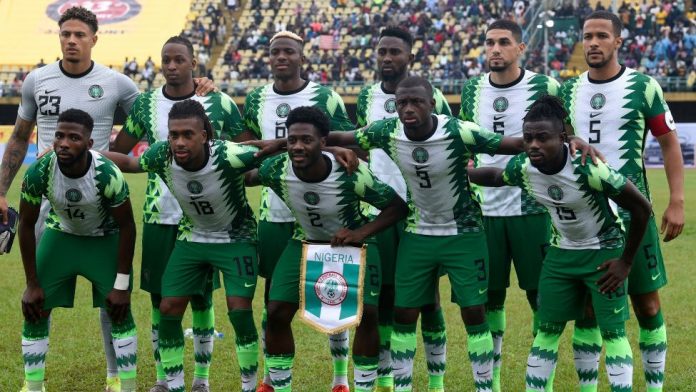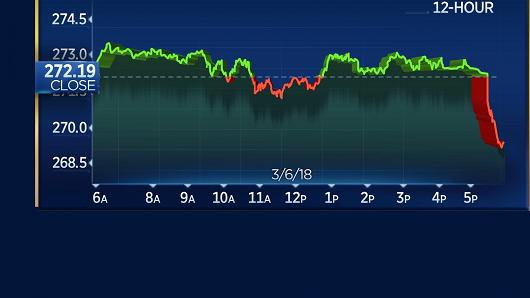The history of the Nigerian men’s football team, often known as the Super Eagles, dates back to the first years of the country’s independence.
The squad struggled in the beginning to have an influence on the global scene. They first competed in the Africa Cup of Nations in 1963, but they didn’t return until 1980 after failing to qualify. Despite this, they were nevertheless able to earn a spot in the Moscow Summer Olympics in 1980, when they placed fourth, which was their highest result to date.
The Super Eagles started to become recognized as a major power in African football in the 1980s. They qualified for their first World Cup in 1994 and won the Africa Cup of Nations in 1980 and 1994. While they did not advance past the Round of 16, their performance was seen as a significant accomplishment for the squad.
The Super Eagles proceeded to establish themselves on a global scale in the late 1990s and early 2000s. In 1996, they won the Africa Cup of Nations once more, and in 1998, they advanced to the round of 16 of the World Cup. They became the first African team to make it to the World Cup quarterfinals in 2002, where they were defeated by the eventual champions Brazil.
The Super Eagles’ recent results have been inconsistent. In 2013, they won the Africa Cup of Nations once more, and in 2014, they advanced to the World Cup Round of 16. They struggled recently, though, and were disqualified from the 2018 World Cup.
The Super Eagles continue to be among the most successful and renowned national teams in Africa despite these ups and downs. They are a strong opponent for every club they face and continue to develop players of the highest caliber.
The Super Eagles men’s football team from Nigeria has a long history that dates back to the 1950s. The squad was established in 1949, and its first international appearance came against Sierra Leone in a friendly match that same year.
The Nigerian national side struggled to create an impression on the world stage in the 1950s and 1960s, failing to earn a spot in either the World Cup or the Africa Cup of Nations. They started to pick up speed in the 1970s, though, and in 1980 they won their first Africa Cup of Nations and in 1994 they made it to their first World Cup.
The Super Eagles kept improving during the 1990s, winning the Africa Cup of Nations once again in 1994, and making it to the round of 16 at the 1998 World Cup. They became the first African side to make it to the World Cup quarterfinals in 2002, and they won their third Africa Cup of Nations championship in 2013.
The Nigerian squad has had difficulty maintaining its success in recent years, failing to qualify for the 2018 World Cup and placing third at the 2019 Africa Cup of Nations. Yet, they are still a dominant force in African football, and they have a devoted following.
The men’s football squad from Nigeria has produced several excellent players throughout the years, notably Jay-Jay Okocha, Nwankwo Kanu, and Vincent Enyeama. A number of successful managers have also commanded the squad, notably Clemens Westerhof, who guided them to their first Africa Cup of Nations triumph in 1980.
The Nigerian men’s football team remains a dominant power in African football despite some defeats in recent years. It is a source of pride and inspiration for the country.
Nigerian Mens Football Team Acheivement list
- Africa Cup of Nations (AFCON) Champions: 1980, 1994, 2013
- Olympic Football Gold Medal: 1996
- WAFU Cup of Nations Winners: 1977, 2011
- CAF Super Cup Winners: 1984, 1995
- Africa U-23 Cup of Nations Winners: 2011
- FIFA U-17 World Cup Winners: 1985, 1993, 2007
- CAF U-20 Africa Cup of Nations Winners: 1985, 2005, 2011
- CAF U-17 Africa Cup of Nations Winners: 2007, 2009
- All Africa Games Football Gold Medal: 1973, 1978, 2003
- FIFA World Cup Qualifiers: 1994, 1998, 2002, 2010, 2018
- CAF Africa Cup of Nations Qualifiers: 1976, 1978, 1980, 1984, 1988, 1990, 1992, 1994, 1996, 1998, 2000, 2002, 2004, 2006, 2008, 2010, 2012, 2013, 2015, 2017, 2019, 2021.












